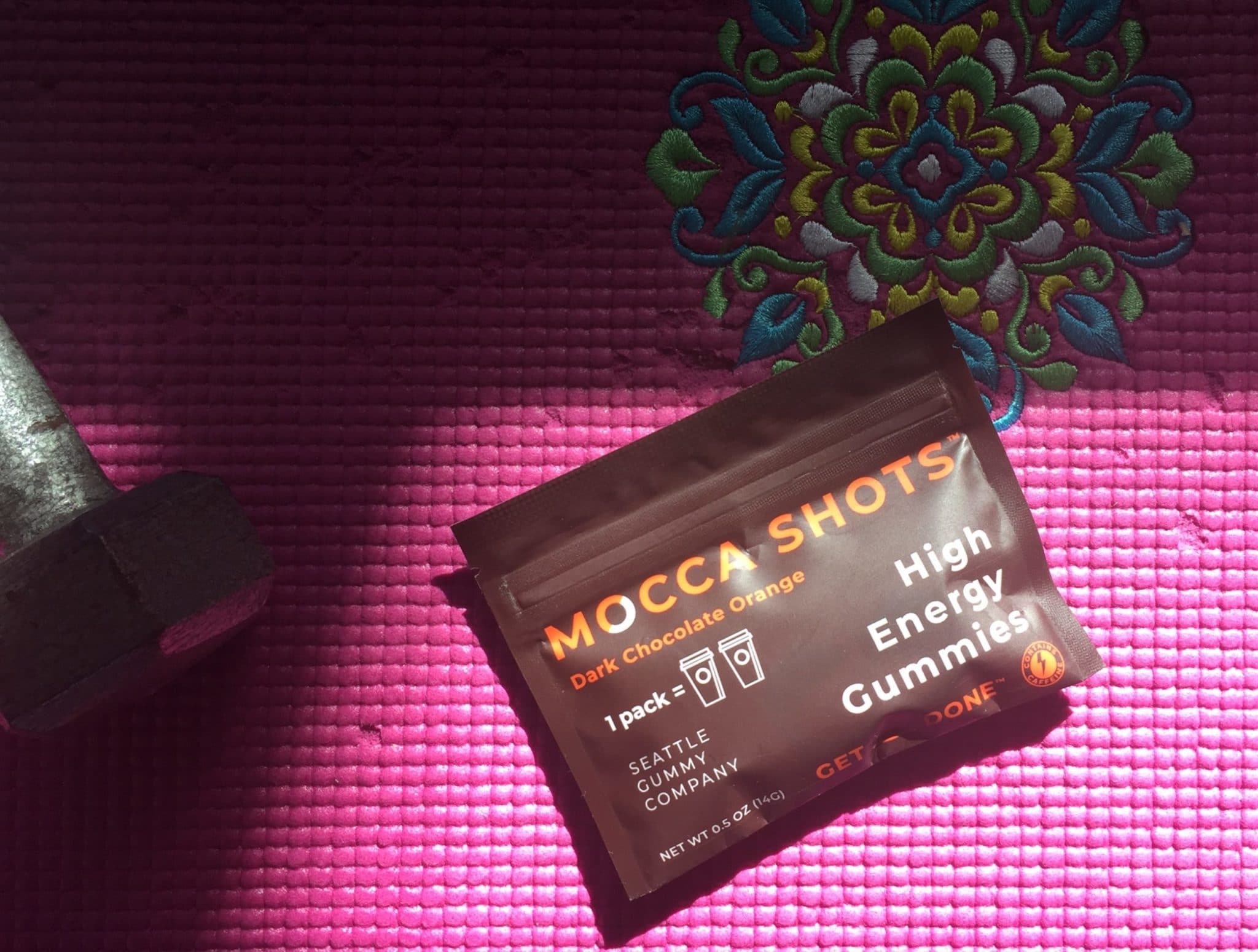Energon Qube Blog, Healthy Living
Yoga practice may help treating depression
Recent research on yoga has yielded promising evidence that yoga could potentially help treating depression. The scientific study of yoga has grown rapidly in the past decade. Between 1975 and 2014, a total of 312 randomized controlled trials on yoga from 23 countries were published. Between 2005 and 2015, 24 randomized controlled trials have investigated yoga as a way to help treat depression — nearly five times the number that existed before 2005. Most of these studies are still limited due to small sample sizes or have focused on specific groups, such as pregnant women or older adults, so results cannot be generalized. However, these studies suggest that yoga can be a useful tool to consider alongside traditional forms of treatment for depression, such as medication or psychotherapy.
Recent small studies presented at the American Psychological Association’s 125th annual convention continue to support the role of yoga in the treatment for depression. One study of 23 veteran men found that doing yoga twice weekly for 8 weeks significantly reduced levels of depression. The study also found that these men highly enjoyed yoga, rating their experience on average 9.4 on a scale of 1-10. Two studies of Bikram yoga, a specific series of 26 poses done in heated rooms, found that over eight weeks yoga reduced depression symptoms.
The studies seem to suggest that regularity and consistency are important in depression management rather than any specific yoga styles. A 2016 review of general yoga research finds that several styles of yoga yielded positive results. The most commonly studied styles of yoga are hatha yoga, which is a general umbrella term for yoga that includes movement and poses; an integrated approach, which combines yoga breathing, movement and poses, and meditative states; and Iyengar yoga, a form of hatha yoga that emphasizes precise body alignment and breathing.
Research is ongoing regarding whether yoga on its own can help treat less severe forms of depression. One pilot study based in San Francisco is the first US-based randomized controlled trial to examine whether yoga alone could reduce symptoms of mild to moderate depression. Researchers recruited 38 adults who had mild to moderate depression and were not already involved in traditional forms of treatment, including medication or talk therapy. One group did a yoga class twice weekly that included breathing, mindful poses, and a deep relaxation pose. The other group learned about yoga history and philosophy. The study found that the group that did yoga had significantly less depression at the end of eight weeks.
Larger and more long-term yoga studies on depression are needed, but the evidence is promising. In the meantime, people with depression may want to consider yoga as an additional potential resource to complement existing traditional forms of treatment.
Thanks for reading.
Dr. Connie Wan
Journal References:
1. Cramer H, Lauche R, Dobos G, Characteristics of randomized controlled trials of yoga: a bibliometric analysis, BMC Complement Altern Med. 2014 Sep 2;14:328. doi: 10.1186/1472-6882-14-328.
2. Effects of a Hatha Yoga Intervention on Depressive Symptoms in Male Military Veterans (presentation) http://apps.apa.org/convsearch/article.aspx?id=5098&type=abstract&_ga=2.251676617.1343381952.1500906241-25438525.1490299103
3. Heated Yoga for the Treatment of Anxious Depression (Presentation) http://apps.apa.org/convsearch/article.aspx?id=5095&type=abstract&_ga=2.208276690.1343381952.1500906241-25438525.1490299103
4. Hyperthermic Yoga for the Treatment of Depressive Symptoms (presentation) http://apps.apa.org/convsearch/article.aspx?id=5094&type=abstract&_ga=2.208276690.1343381952.1500906241-25438525.1490299103
5. Cramer H, Lauche R, Langhorst J, Dobos G, Is one yoga style better than another? A systematic review of associations of yoga style and conclusions in randomized yoga trials. Complement Ther Med.2016 Apr;25:178-87. doi: 10.1016/j.ctim.2016.02.015. Epub 2016 Mar 3.
About SGC:SGC is an R&D focused developer of nutraceutical and pharmaceutical gummy products. The company specializes in formulating Functional Gummy® products combining the wealth of the in-house knowledge in pharmaceutics, chemistry, western medicine and herbal medicine. The company provides performance gummies® inspired by Traditional Chinese Medicine including MOCCA SHOTS™, ENERGON QUBE™, FUNTIONAL FRUIT®, and SEATTLE BEAUTY®.
To learn more, visit https://seattlegummy.com, contactinfo@seattlegummy.com,call 206-257-0464, or join at https://seattlegummy.com/be-an-informed-member/.

